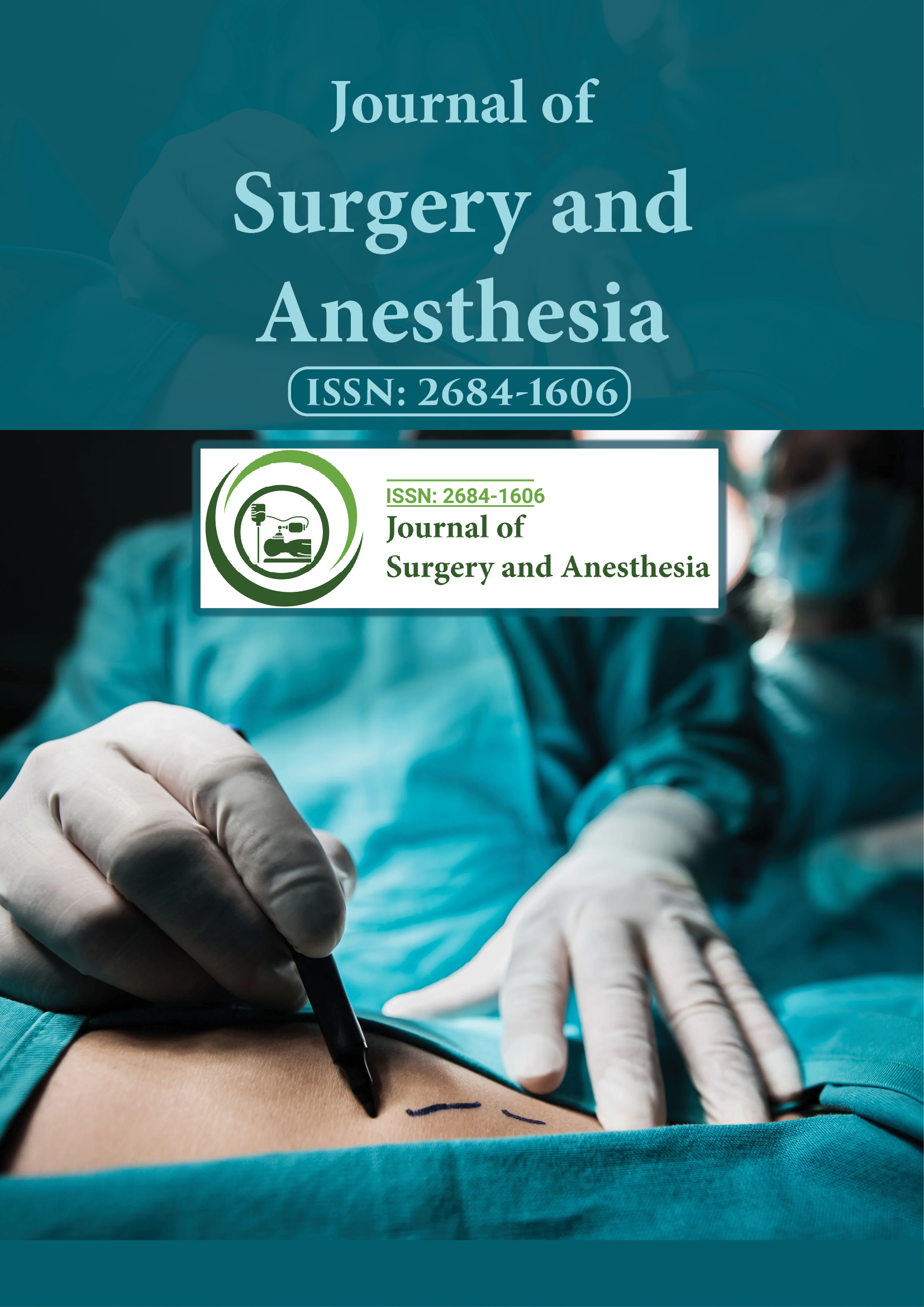Indexed In
- Google Scholar
Useful Links
Share This Page
Journal Flyer

Open Access Journals
- Agri and Aquaculture
- Biochemistry
- Bioinformatics & Systems Biology
- Business & Management
- Chemistry
- Clinical Sciences
- Engineering
- Food & Nutrition
- General Science
- Genetics & Molecular Biology
- Immunology & Microbiology
- Medical Sciences
- Neuroscience & Psychology
- Nursing & Health Care
- Pharmaceutical Sciences
Abstract
The Effectiveness of Septal Ablation versus Septal Myectomy on Survival for Patients with Hypertrophic Cardiomyopathy
Background: Hypertrophic cardiomyopathy is an autosomal dominant condition affecting males and females across all ages and ethnicities. This condition results in the thickening of the heart’s myocardium, leading to reduced cardiac output, with subsequent complications including heart arrhythmias and Sudden Cardiac Death (SCD). Currently, septal myectomy, a type of open heart surgery, continues to be the gold standard treatment for reducing the Left Ventricular Outflow Tract (LVOT) obstruction. However, in recent years, septal ablation has emerged as a newer, less invasive procedure which aims to obliterate the obstruction via injection of alcohol into the hypertrophied septum.
Objectives: The aim of this systematic literature review is to establish whether septal myectomy or septal ablation is more effective in prolonging survival in hypertrophic cardiomyopathy patients.
Methodology: The methods used in this research were in accordance to a systematic literature review. The databases: PubMed, Cochrane and Scopus were utilised to extract relevant studies to further analyse and then to critically appraise using CASP tools.
Key findings: All studies included in this systematic literature review appreciated that the effects of septal myectomy and septal ablation were comparable, to an extent, when assessing clinical outcomes and survival for hypertrophic cardiomyopathy patients.
Conclusion: Despite septal ablation being a more advanced and minimally invasive procedure with optimistic clinical outcomes, septal myectomy remains superior due to its long-term relief from symptoms and increased likelihood of survival.
Published Date: 2025-03-31; Received Date: 2020-01-03
